Keynote Speaker

Marion PlazeGHU Paris Psychiatry & Neurosciences
'Metamaterial based transcranial ultrasound stimulation for psychiatry'
Marion Plaze, MD, PhD is a psychiatrist at the Hôpital Sainte-Anne in Paris, France (GHU Paris Psychiatry & Neurosciences) and INSERM researcher at the Institute of Psychiatry and Neuroscience of Paris, UMR 1266 (team ‘Imaging biomarkers of brain disorders’). She received her PhD in neurosciences from Université Paris Cité in 2010. She is expert in the treatment of patients suffering from drug-resistant psychiatric disorders, in particular through the use of non-invasive brain stimulation. Since 2017, Marion Plaze and her colleague David Attali have been collaborating with Jean-François Aubry and Mickaël Tanter (Physics for Medicine Paris, Inserm U1273, CNRS UMR 8063, ESPCI Paris, PSL University, Paris, France) to develop ultrasound neuromodulation in the context of drug-resistant psychiatric disorders. Google Scholar
Distinguished Speaker
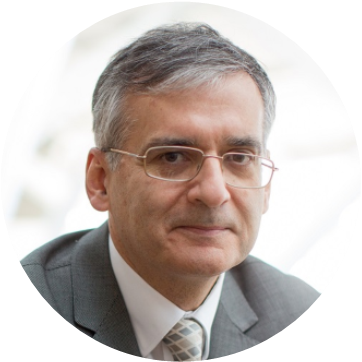
Andres M. LozanoUniversity of Toronto
'Potential Therapeutic Uses of Focused Ultrasound in Neurological and Psychiatric Disorders'
Andres M. Lozano, OC, MD, PhD, FRCSC, FRSC, FCAHS, FCNS, is a functional neurosurgeon and University Professor and past Chairman of Neurosurgery at the University of Toronto. He holds the Alan & Susan Hudson Cornerstone Chair in Neurosurgery at University Health Network. He received his MD at the University of Ottawa and PhD at McGill University.
Dr. Lozano is best known for his work in Focused Ultrasound and Deep Brain Stimulation. His team has mapped cortical/subcortical circuits in the brain and advanced novel therapies for dystonia, Parkinson’s disease, depression, Alzheimer’s disease and other disorders. Dr. Lozano’s team was the first to report a clinical trial of unilateral MRgFUS thalamotomy for essential tremor, and subsequently for non-ET syndromes.
Dr. Lozano has over 830 publications and is the most highly cited neurosurgeon in the world (Clarivate). He serves as the Editor-in-Chief of Stereotactic and Functional Neurosurgery. Dr. Lozano has received a number of honors including the Olivecrona Medal, Salk Award, Dandy Medal and Benabid Award and been elected to the Royal Society of Canada, Order of Spain and an Officer of the Order of Canada. He is most proud of the >90 fellows he has mentored, who have gone on to become international leaders in their field. Google Scholar
Invited Speakers
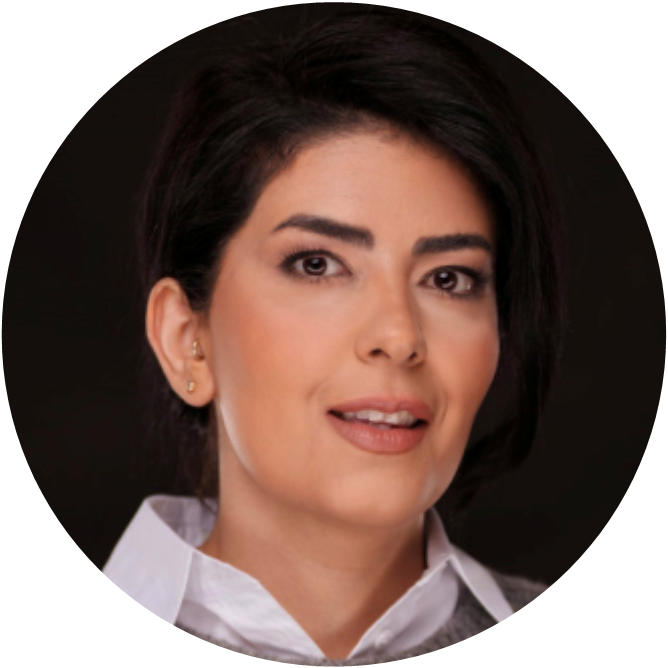
Ghazaleh DarmaniUniversity of Toronto
'Transcranial Ultrasound Stimulation in Parkinson’s disease: Insights from Basal Ganglia Local Field Potentials'
Ghazaleh Darmani received her master's and Ph.D. in Computational Neuroscience and Neural and Behavioral Sciences from the University of Tübingen. After completing her doctorate, she joined the Krembil Brain Institute, Toronto Western Hospital, as a postdoctoral fellow to study the mechanisms of deep brain stimulation (DBS) and the effects of transcranial ultrasound stimulation (TUS) on the basal ganglia in Parkinson's disease. Currently, she is a research associate in the Division of Neurosurgery at the University of Toronto, where she investigates changes in brain connectivity patterns following high-intensity focused ultrasound (HIFU). Her research has been supported by fellowship and research awards from the German Research Foundation and the Canadian Institutes of Health Research. Google Scholar
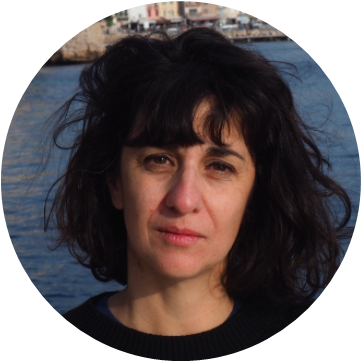
Emilie FranceschiniAix-Marseille University
'Ultrasonic neurostimulation of dorsal root ganglion neurons: towards an understanding of molecular and physical mechanisms'
Emilie Franceschini received her Ph.D. degree in Acoustics from the University of Provence, Marseille, France, in 2006. In 2007, she was a Postdoctoral Fellow at the Laboratory of Biorheology and Medical Ultrasonics, Research Center of the University of Montreal Hospital, Canada, conducting research in ultrasonic blood characterization. Since 2008, she is a Research Scientist at the French National Center for Scientific Research (CNRS) in the Laboratory of Mechanics and Acoustics at the University of Aix-Marseille, France. Her research interests include ultrasound tomography, spectral-based quantitative ultrasound techniques and ultrasonic neurostimulation. Google Scholar

Jan KubanekUniversity of Utah
'Effective ultrasonic neuromodulation in the human brain'
Jan Kubanek is an Assistant Professor in the School of Biomedical Engineering at the University of Utah, and held a postdoctoral research position in the field of Neuromodulation at Stanford University School of Medicine in 2018. He received his Ph.D. degree in Neuroscience from Washington University School of Medicine in 2013. His lab specializes in developing noninvasive tools to diagnose and treat the neural sources of brain disorders. This work aims to move beyond prescribing systemic drugs such as opioids, towards providing personalized treatments tailored to each individual's specific neural profile. He is the author of over 30 journal and conference papers and is a recipient of several awards, including the NIH K99/R00 Award. Google Scholar
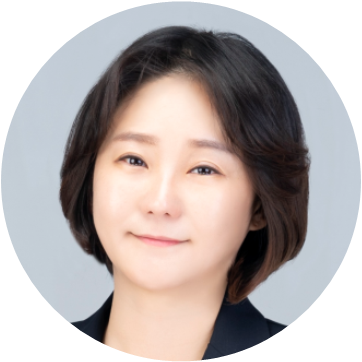
Hyunjoo Jenny LeeKorea Advanced Institute of Science and Technology – KAIST
'Preclinical tools for ultrasound neuromodulation'
Hyunjoo Jenny Lee is an Associate Professor in the School of Electrical Engineering and the KAIST Endowed Chair Professor at the Korea Advanced Institute of Science and Technology (KAIST). She received the B.S. degree and M.Eng. degree in Electrical Engineering and Computer Science from the Massachusetts Institute of Technology (MIT), Cambridge, MA, in 2004 and 2005, respectively, and the Ph.D. degree in Electrical Engineering from Stanford University, Stanford, CA, in 2012. Her research focuses on MEMS sensors and actuators for biomedical applications including neural interfaces, ultrasound transducers, epidermal electronics, and biosensors. She is the author of over 50 journal and conference papers and is a recipient of a number of awards, including the Korean Government's Minister of Science and ICT Award (2022), S-Oil Next-Generation Scientist Awards (2022), KAIST Technology Innovation Award (2021), and WEF Young Scientist Award (2017). Google Scholar
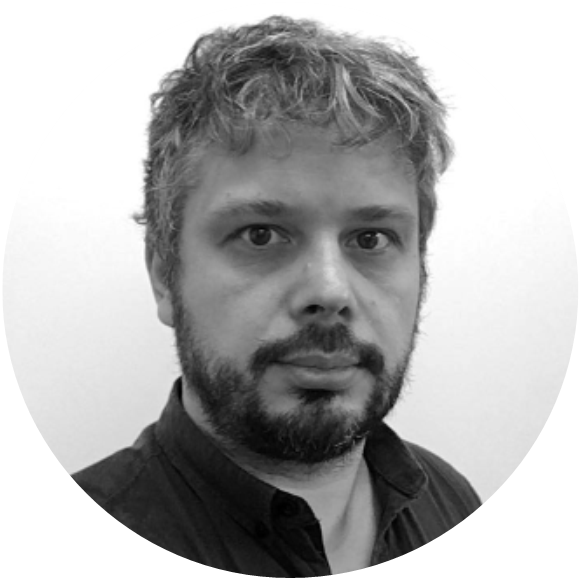
Jérôme SalletInserm - French National Institute of Health and Medical Research
'Offline Transcranial Ultrasound Effects at the Circuit and Neuronal Levels in Non-human Primate'
Jérôme Sallet is a behavioral neuroscientist at the Institute for Health and Medical Research (INSERM) in Lyon, France. With his "Neurobiology of Executive Functions" research team, he aims to unravel the neural underpinnings of flexible and adaptive behaviors. To address these questions, they employ a comprehensive multi-level approach integrating neuroanatomy, electrophysiology, and imaging techniques. These methods are complemented by interventional approaches, including transcranial ultrasound stimulation, to establish causal links between brain structure and function. Google Scholar
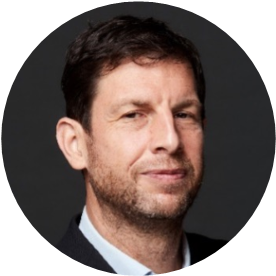
Shy ShohamNew York University
'Converging insights on the cortical circuit mechanism of TUS'
Shy Shoham is a Professor of Neuroscience and of Ophthalmology at NYU School of Medicine, and co-director of the NYU Tech4Health institute. His lab develops acoustic, photonic and computational tools for bidirectional neural interfacing. He holds a Physics BSc (Tel-Aviv University), a PhD in Bioengineering (University of Utah) and was a Lewis-Thomas postdoctoral fellow at Princeton University. He is a Fellow of SPIE and serves on the editorial boards of Journal of Neural Engineering and of Neurophotonics and has co-edited the Handbook of Neurophotonics. Google Scholar

Daisy G.Y. Thompson-LakeWest Virginia University Rockefeller Neuroscience Institute
'Low Intensity Focused Ultrasound as a Potential Treatment for Opioid Use Disorder'
Daisy Thompson-Lake is an Assistant Professor and Addictions Research Neuroscientist at the Rockefeller Neuroscience Institute, West Virginia University. She investigates cutting-edge neuromodulation technologies to improve outcomes for patients with substance use disorder. She is involved with several clinical trials using techniques such as low-intensity focused ultrasound, deep brain stimulation, and transcranial magnetic stimulation to reduce cravings in substance use disorders. Using multiple neuroimaging methods, she endeavors to enhance understanding of the functional and structural changes occurring after treatments to help uncover the underlying mechanisms of low-intensity focused ultrasound. Google Scholar
The names are arranged in alphabetical order.
Event Dates
July 11 - 13, 2024
Event Location
MaRS Discovery District, Toronto, Canada
The event link was emailed to virtual registrants. Last minute virtual registrants will find the link in their confirmation email.
Inquiries
For all inquiries, please email admin@fun24.ca
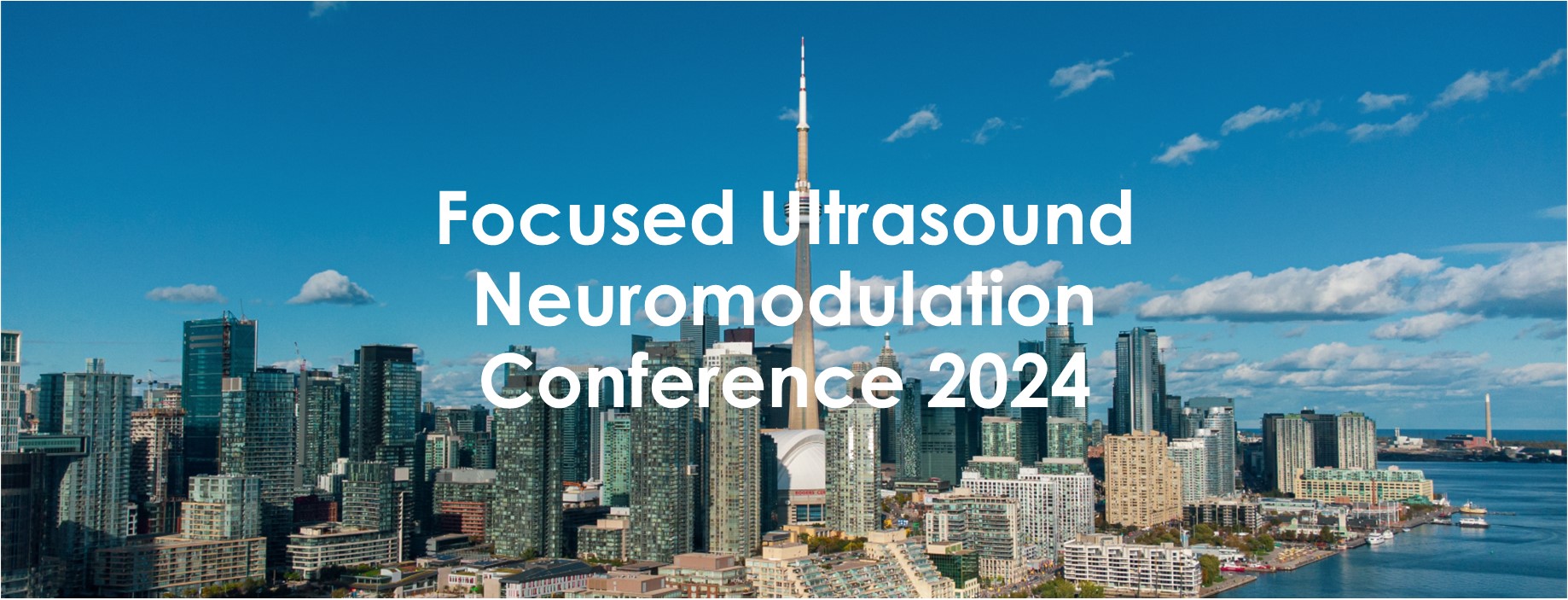


 Copyright© 2017 | MYConference Suite Registration | D.E. Systems | All Right Reserved.
Copyright© 2017 | MYConference Suite Registration | D.E. Systems | All Right Reserved.